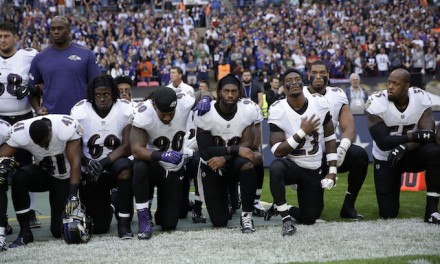Six months after the Supreme Court said Colorado trampled on Jack Phillips’ civil rights, the Christian baker still has yet to get back to the wedding cake business.
His backers on the religious right had hoped that the justices’ decision in June, sending Mr. Phillips’ case back to the Colorado Civil Rights Commission, would chasten state officials and allow Masterpiece Cakeshop to make cakes protected by the First Amendment, without being forced to bake for same-sex couples.
Instead Mr. Phillips finds himself ensnared in a new legal battle, even as the original case putters along, and he’s reluctant to test the limits.
“Every day is a potential day where he doesn’t know if he can bake something under the state’s rules,” said Jon Scruggs, senior counsel for Alliance Defending Freedom, a religious liberty law firm representing Mr. Phillips.
The baker became a hero to some conservatives and a pariah to LGBT groups after he refused to make a custom cake for a same-sex couple in 2012.
That drew the attention of the Colorado commission, which said he violated the state’s public accommodation policy requiring businesses not to discriminate on the basis of sexual orientation, among other factors.
Mr. Phillips argued he was a cake artist and his rights of free expressions were being trampled by the state.
After losses in lower courts, the Supreme Court weighed in, finding Colorado officials showed extreme hostility to the baker’s religion that poisoned their decision-making. In an opinion written by the retiring Justice Anthony M. Kennedy, the court in a 7-2 ruling ordered a do-over.
Christian groups hailed it as a victory, but it’s not played out that way.
Not only is the commission working on its original decision, but it fielded a new complaint from a lawyer who demanded he make a cake celebrating a gender transition. He refused, and said he believed the requester was the same person who had also asked for cakes celebrating Satan, with one including a sex toy.
The Colorado Civil Rights Commission decided in December to pursue the gender transition-cake complaint.
“The state views this as a totally different matter. Of course that is a bit of a stretch when the Supreme Court calls you out and dings you for showing hostility,” Mr. Scruggs said.
But Robert Tuttle, a law professor at George Washington University, said people’s expectations were perhaps too high for the outcome of the justices’ ruling.
“Everybody was set up for some big culture wars decision last summer and then nothing happened,” Mr. Tuttle said. “That nothing is now going to make us wait three or four or five years before we get an issue resolved and that, of course, makes things quite unstable for some people.”
Mr. Phillips says he is willing to sell pre-made cakes to anyone, but views his custom cakes as artistic expression forcing him to make them for a message he disagrees with amounts to coerced speech.
After the original complaint, he stopped baking wedding cakes altogether, and he’s lost 40 percent of his business. Mr. Phillips had to decrease his staffing due to the lost revenue and has not been able to expand his staff yet to re-enter the wedding business because his cases are still pending.
Colorado’s attorney general and the Civil Rights Commission did not respond to requests for comment, but in its filings the state said the new complaint doesn’t refer to Mr. Phillips’ religion.
Other wedding artists are also fighting their cases, with little help from the Supreme Court’s ruling.
Two women who run a calligraphy business in Arizona lost their case against a city ordinance just days after the high court ruled in favor of Mr. Phillips. Their appeal will be heard by the Arizona Supreme Court on Jan. 22.
© Copyright (c) 2018 News World Communications, Inc.
—-
This content is published through a licensing agreement with Acquire Media using its NewsEdge technology.


















Recent Comments